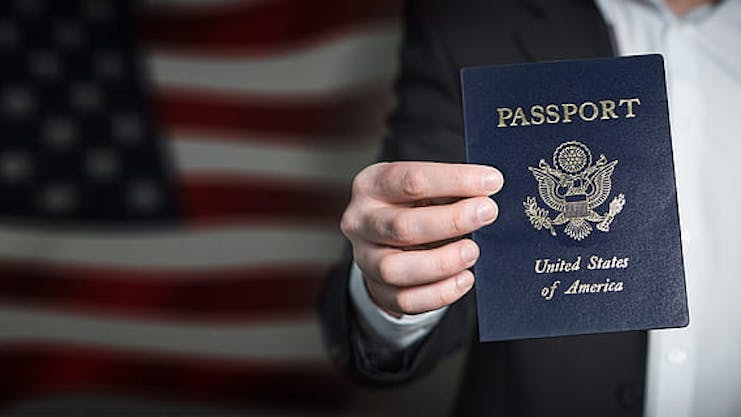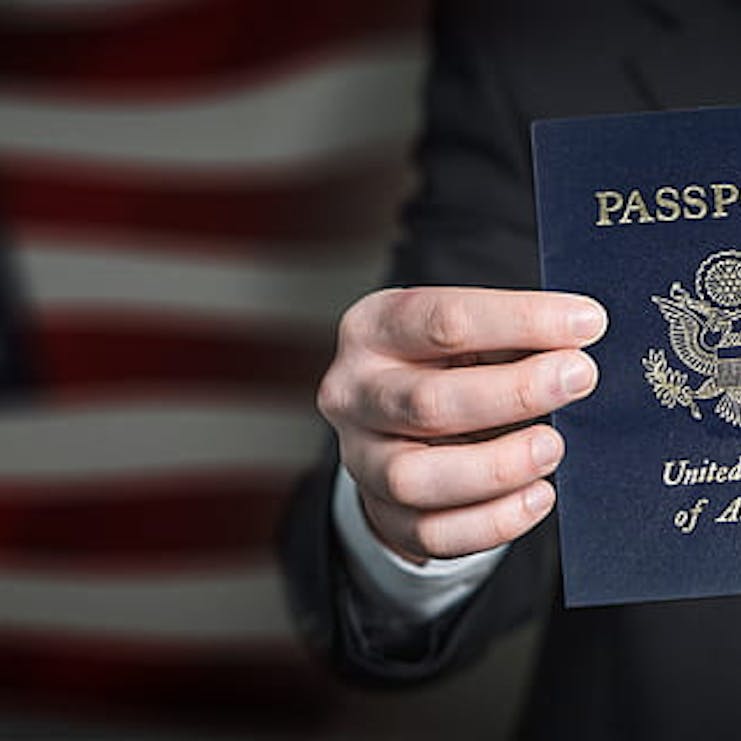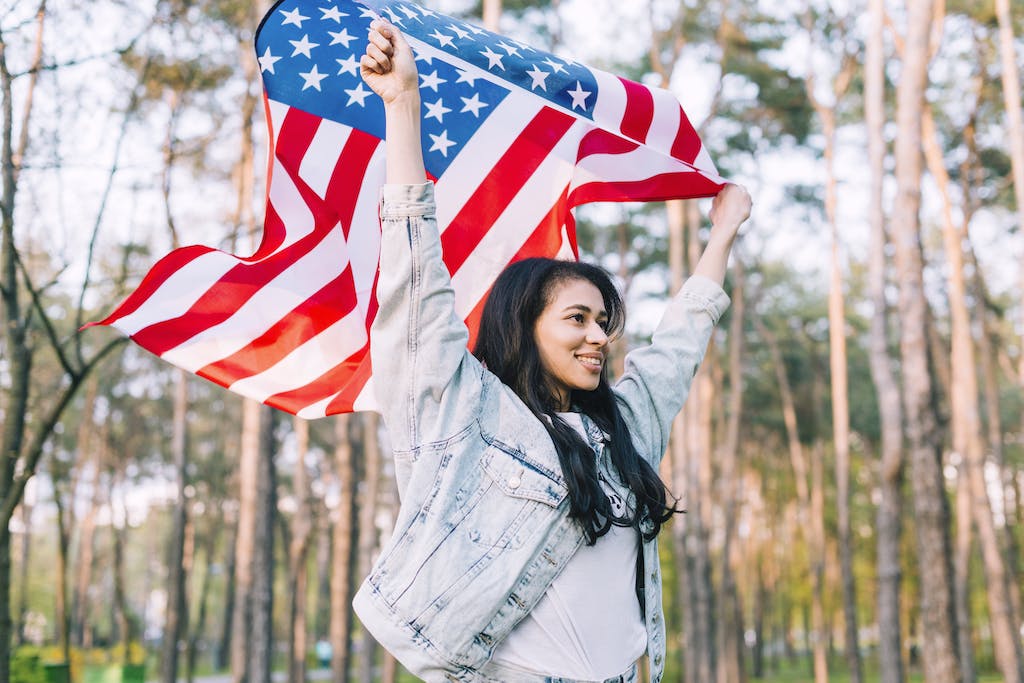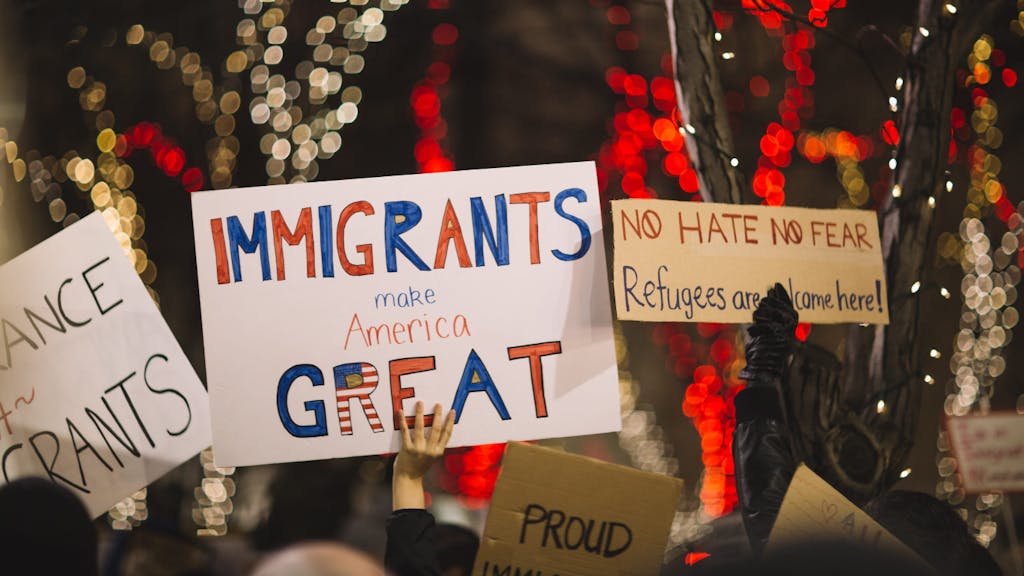If you’re a citizen of a foreign country who plans to visit the United States usually you must have a valid visa.
Generally, there are two types of visas that you can apply for. These include the nonimmigrant visa, which serves if you plan a temporary stay in the United States as a tourist, or an immigrant visa if you plan a permanent stay in the United States.
However, foreign citizens are not allowed to study for credit in the United States after entering on a visitor visa or under the Visa Waiver Program(nonimmigrant visas). If you plan to enter the United States to study for credit and for purposes that are not recreational, there are special visas given to students. Therefore, it is important that you know that before you do anything else like booking a flight or looking for your perfect stay, you must acquire the right student visa.
The visas available for students are categorized as F-1, M-1, and J-1 category visas. The visa that you will need as a student, will depend on the purpose and the institution of your studies.
I will discuss them in detail below so that you can acquire an idea of which one might be right to serve your purpose.
F-1
If you’re planning to enter the United States to attend:
- University
- College
- High School
- Private elementary school
- Seminary
- Conservatory
Then the visa that you might need is an F-1 category visa.
The F1 visa is for students who will study a degree program (either an associate or a bachelor's degree), an academic program ( master’s degree, postgraduate, diploma, or certificate), or a full time language program in an Immigration and Customs Enforcement Service approved school, university or college.
The time that this visa will be valid for is conditioned by the I-20 issued by the institution you plan on attending. However, with this visa, as a student you can request as many extensions as you wish to change the type of program and/ or the educational institution you attend.
Example: you could change from attending an academic program like a bachelor’s degree to a language program, and as long as you are studying at an Immigration and Customs Enforcement Service approved educational institution, you can remain in the United States with your current I-20 Form.
M-1
If you’re planning to enter the United States to attend another academic institution, including a language training program, that is not included on the list above, then you may do so with an M-1 category visa.
The M-1 visa is for students who will be entering the United States upon enrollment in a vocational or non-academic program (other than a language training), which are colloquially known as technical or mechanical studies. Some courses considered under this category are:
- Dance
- Cooking
- Music
- Photography
- Art
- Design
- Flight courses
- Cosmetology courses
The M-1 visa is valid for only one year, with a possibility of extension of a maximum of three years. Students who request to change the educational programs can generally only do so within the first six months.
J-1
If you’re planning to go to the United States for an academic or cultural exchange program, or to participate as a:
- Teacher
- Researcher
- Au pair
Then, the appropriate type of visa for you may be the J-1 Exchange Visitor visa. This type of visa is granted only once in your life, and allows for you to practice for a maximum of 6 months for each study program.
As an additional tool, I should mention to you that there is another type of visa available if you enter the United States as a visitor, and while visiting, you enroll for a short period of recreational not credited course of study. In a situation like this, a Visitor B-2 Visa may be appropriate.
Please note, that if you are studying in a course that will lead to a U.S. conferred degree, diploma, or certificate, then you are not allowed to enter the United States with a visitor B-2 visa, even if the course is one of short duration.
For instance a student in a distance learning program that requires a short period of time on the institution’s U.S. campus, must obtain a student F-1 or M-1 visa prior to entering the United States to study for this program, having a B-2 visa will not serve as valid.
How to Apply for these visas?
To apply for a visa, of any category and for any purpose, there are several steps that must be taken. The way to complete these steps and the order in which to follow it will depend on the requisites determined by the U.S. embassy or Consulate in your own country.
For this purpose and further information on your particular situation, you should seek personalized legal counseling by hiring a licensed attorney.









